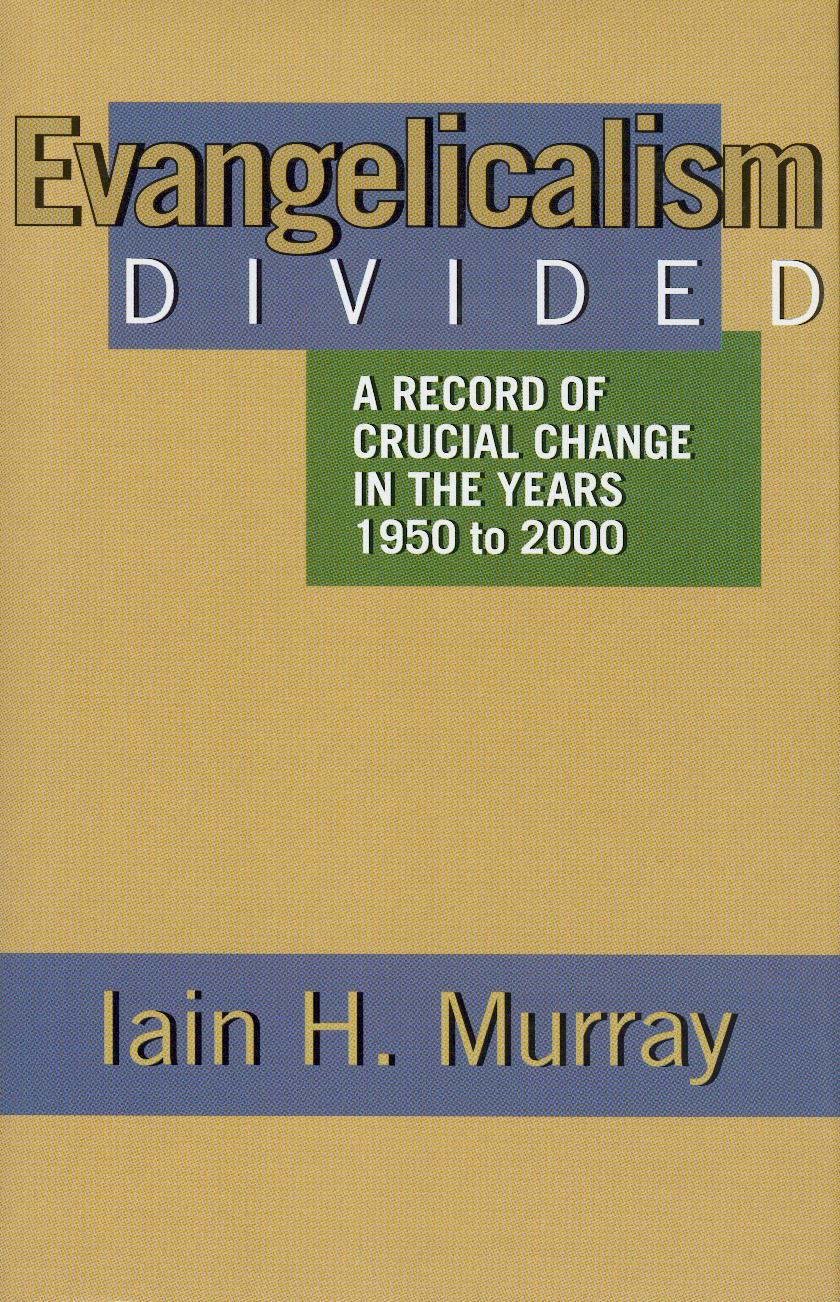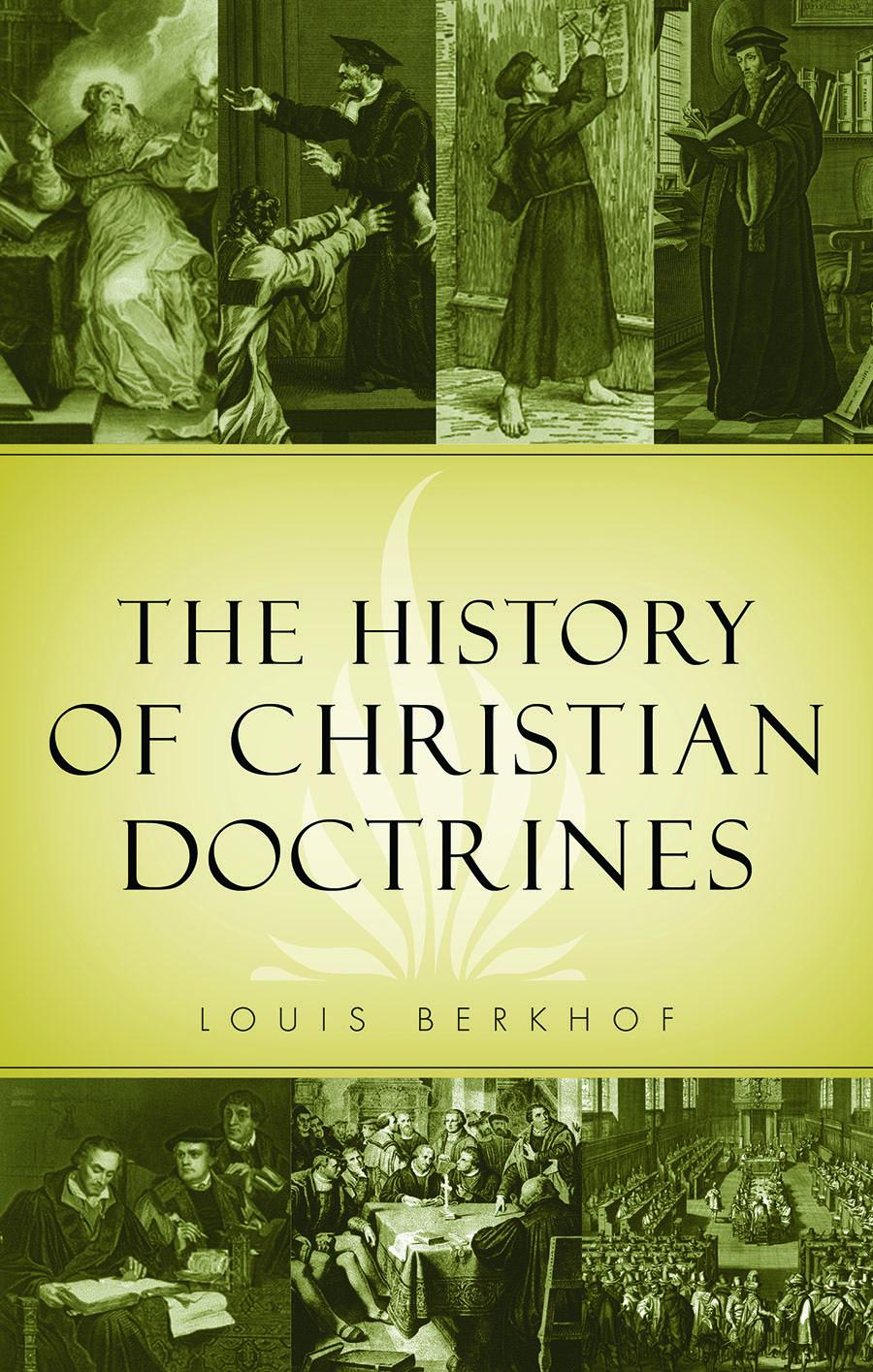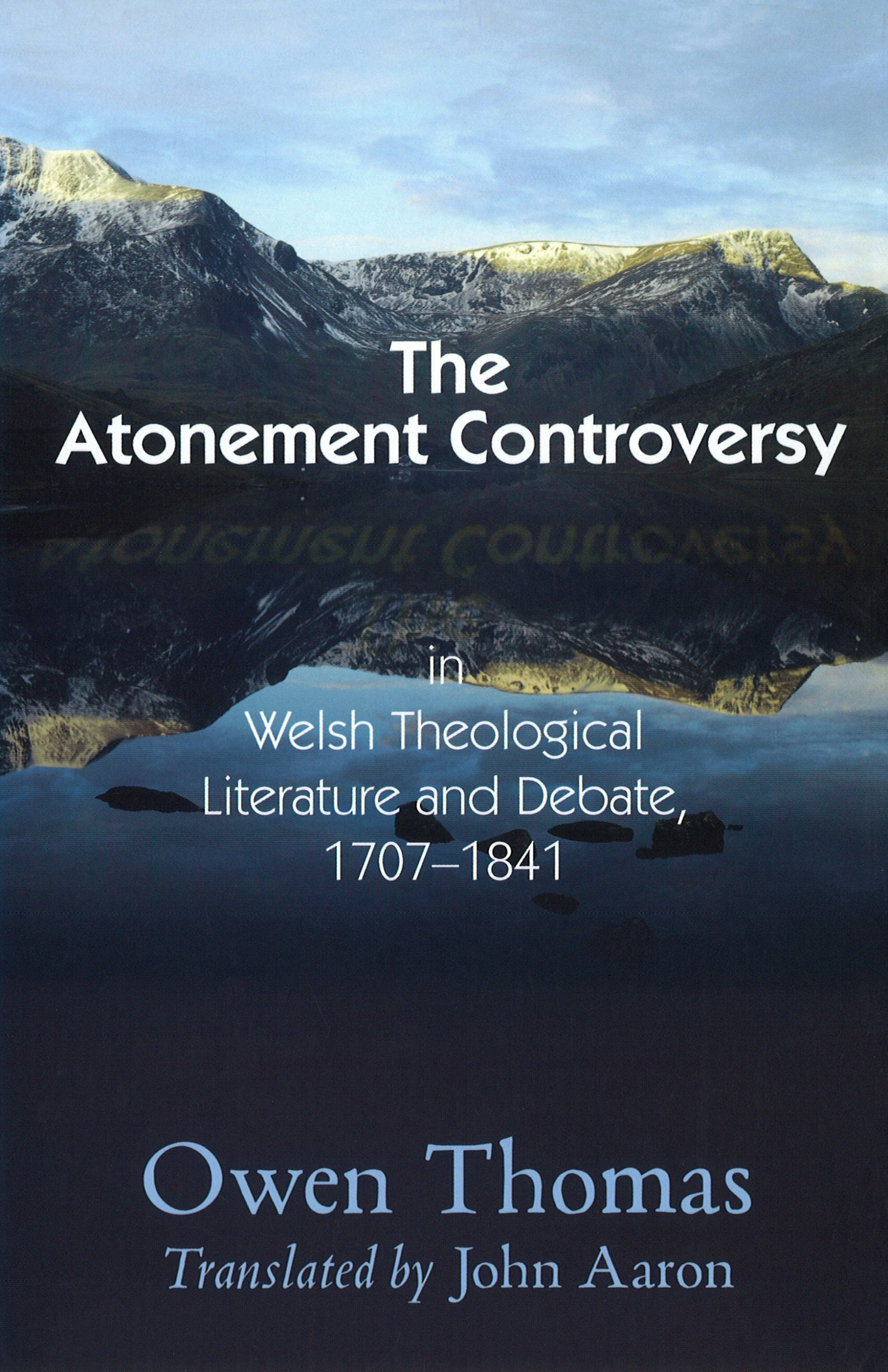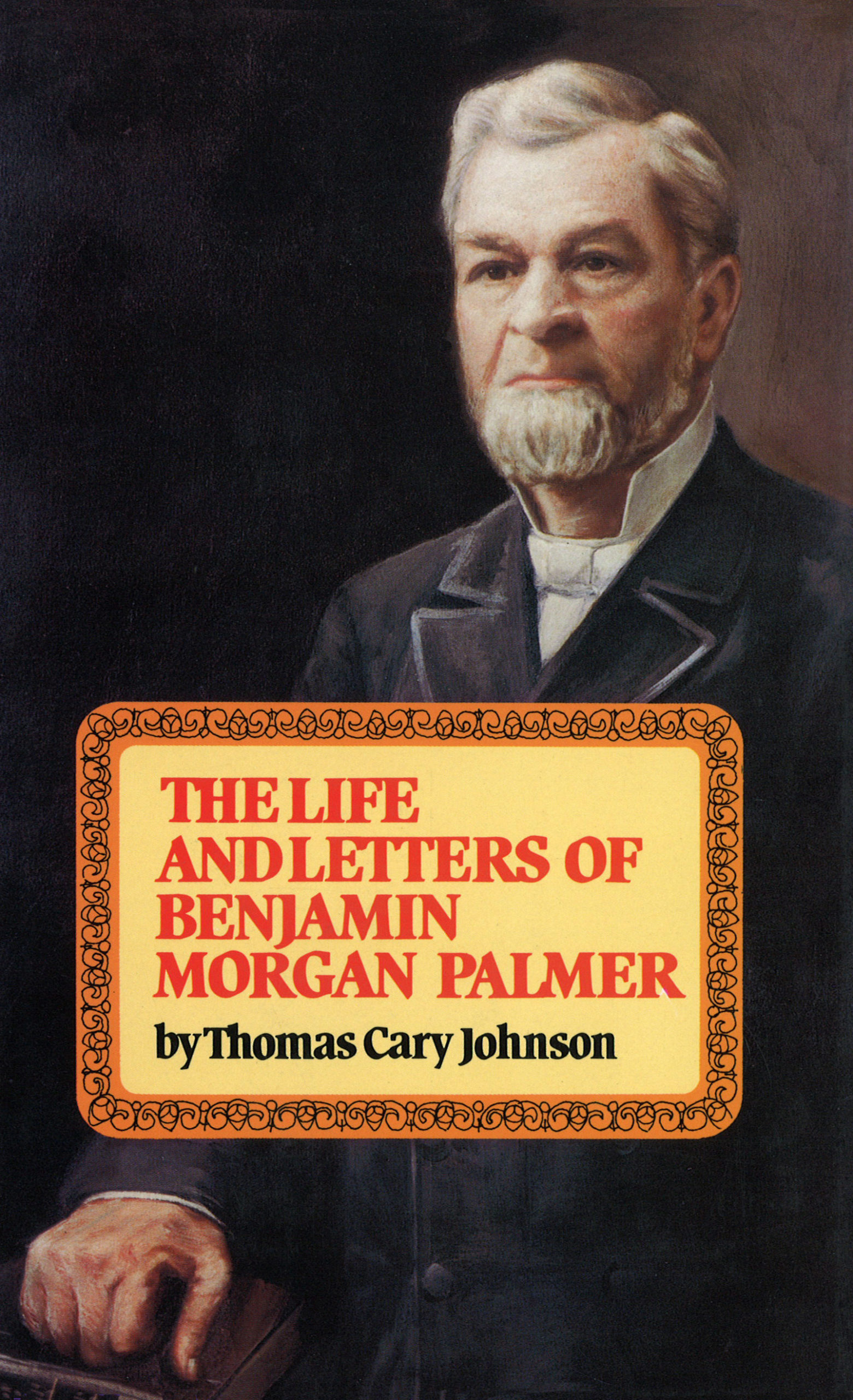The Atonement Controversy
In Welsh Theological Literature and Debate, 1707 - 1841
| Weight | 0.64 kg |
|---|---|
| Dimensions | 22.3 × 14.3 × 2.5 cm |
| ISBN | 9780851518169 |
| Topic | 18th Century, 19th Century, Atonement, Salvation, Historical Theology |
| Format | Book |
| Original Pub Date | 2002 |
| Banner Pub Date | Apr 1, 2002 |
| Binding | Cloth-bound |
| Page Count | 432 |
Book Description
What Christian preachers believe about the atonement always affects their presentation of the gospel.
Dr. Martyn Lloyd-Jones used to insist that this classic work, now translated from Welsh for the first time, gave significant help to preachers in this matter. His own gospel preaching was influenced by it.
The Atonement Controversy will fascinate all who have wrestled with issues raised by the doctrine of a limited atonement, especially in relation to the preaching of the gospel.
It will also be essential reading for all with an interest in Welsh history and theology, particularly those unable to read the work in the Welsh original. Christmas Evans, John Elias, Thomas Jones and Henry Rees are only a few of those who figure in the story told here.
Table of Contents Expand ↓
| TRANSLATOR’S INTRODUCTION | IX | |
| PART ONE: CONTROVERSIES BETWEEN CALVINISTS AND ARMINIANS, 1707 – 1831 | ||
| 1 | Wesleyan Preachers Enter Wales | 3 |
| 2 | Thomas Jones Opposes Owen Davies | 47 |
| 3 | Other Contributions, Wise and Foolish | 69 |
| PART Two: CONTROVERSIES AMONGST THE CALVINISTS, 1811 – 41 | ||
| 4 | A Summary of the Controversies on the Extent of the Atonement | 111 |
| 5 | Contrasting Views in Wales: Evans, Roberts and Jones | 151 |
| 6 | Different Reactions under the Pressure of Controversy | 179 |
| 7 | The Debate Intensified by the Religious Press (1820-27) | 219 |
| 8 | Other Contributions of Differing Value (1826-41) | 239 |
| PART THREE: CONTROVERSIES AMONGST THE CALVINISTIC METHODISTS, 1814 – 41 | ||
| 9 | The Theological Leadership of Thomas Jones | 287 |
| 10 | The Confession of Faith of 1823 Not Sufficient to End Argument | 315 |
| 11 | The Last Years of the Conflict (1839-41) | 347 |
| APPENDIX 1: Brief Biographies of the Best Known of the Welsh | 365 | |
| APPENDIX 2: Original Welsh Titles of Works Discussed | 385 |
Related products

Evangelicalism Divided
A Record of Crucial Change in the Years 1950 to 2000
Description
Details the discussion in Welsh theological literature and debate (1707–1841), seeking to understand the nature and extent of the atonement. Translated by John Aaron. 432pp.

Description
Details the discussion in Welsh theological literature and debate (1707–1841), seeking to understand the nature and extent of the atonement. Translated by John Aaron. 432pp.



RICHARD C. ROSS –
This really is a most extraordinary book!
It is a meticulously written report of what appears to be a most thorough and painstaking piece of historical research. The central issue addressed could not be more vital: the biblical doctrine of the atonement. Alas, a very great deal of the book is a record of a singularly unedifying conduct of a controversy; a controversy carried-on largely from motives no higher than party allegiances; often with the shallowest theological understanding and little willingness to submit to the authority of Scripture. Of course, there are contributors to this ‘debate’ who rise above that, but they are few. Too often the tone and spirit of the language used in the controversy reflects little of Christian moderation, let alone Christian love.
A comment on page 197 could be applied to many more combatants than those to whom it directly concerned: ‘… both of them now in heaven … wondering together at their disagreements, like two under-age boys, when here on earth.’ Similarly: ‘Both sides began to realize that the differences between them were small, unimportant and superficial’ (page 363). These remarks apply to much of this controversy. Personally, I fail to see that either the substance or the manner in which contributions to this controversy were made could be considered ‘important and relevant to the whole question of a right preaching of Christ and the atonement’ (D.M.L-J). In general I was reminded of the lines: ‘Soothed with the sound, the king grew vain/Fought all his battles o’er again/And thrice he routed all his foes/and thrice he slew the slain’.
This is the record of a ‘controversy’. Given the subject of that controversy, the atonement, I could not help wondering how much would be left of this ‘controversy’ had it been conducted at the foot of the Cross.
Having said that, it’s a book worth reading – if you’re able to tell one Jones apart from another – likewise the endless succession of Owens, Davies, Evans, Hughes, Roberts, Williams!…
Positively, a few hours with Owen or Goodwin, supplemented with Hugh Martin, really would aid the right preaching of the atonement.